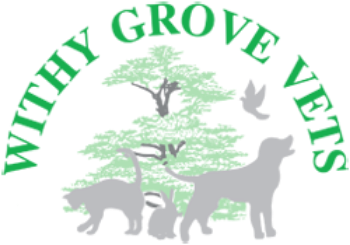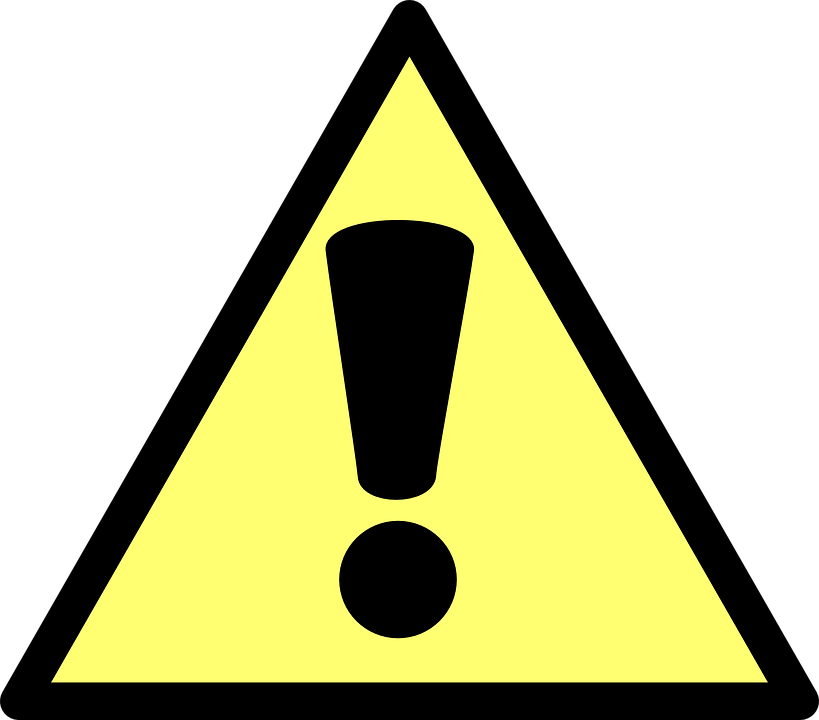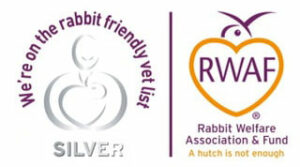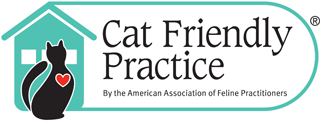It is important for pet owners to guard against poisoning perils.
The British Veterinary Association’s (BVA) Voice of the Veterinary Profession survey (a biannual survey of vets and vet students) showed 95% of North West companion animal vets had seen cases of ingestion of poisons or other toxic incidents over the last year.
Across the UK, vets saw on average one case of poisoning every month, with chocolate (89%), rat poison (78%) and grapes (60%) the most common poisons that vets had treated.
Other poisons involved in the cases vets had seen included:
- Human non-steroidal anti-inflammatory drugs, such as high-dose aspirin (57%)
- Antifreeze (47%)
- Lilies (43%)
- Slug pellets (41%)
- Accidental overdose of prescribed veterinary medicines (34%)
- Inappropriate application of permethrin (flea treatment) (30%)
- Paracetamol (26%)
- Adder bites (21%)
- Mouldy food (10%)
- Detergent (10%)
- Blue green algae (8%)
- Other medicines, such as antidepressants or nicotine products (9%)
- Recreational drugs (4%)

Other less common cases involved xylitol poisoning from chewing gum, poisoning from wild mushrooms and fungi, as well as horse worming products ingested by dogs.
Veterinary practices are joining forces with BVA and the Animal Welfare Foundation (AWF) to alert owners to the risks of poisons to pets and offer advice about how to protect pets and what to do if they suspect their animal has been poisoned. AWF’s ‘Pets and Poisons’ leaflet is available to download at http://www.bva-awf.org.uk/pet-care-advice/pets-and-poisons .
Vets know that sometimes owners can take every precaution and accidents still happen.
BVA President Gudrun Ravetz said:
“These findings from BVA’s Voice of the Veterinary Profession survey show how common
incidents of pet poisoning are and underline that owners must be vigilant especially with
prying pets. The top five poisoning cases seen by vets include foods that are not toxic to
humans but which pose a significant risk to pets such as dogs, like chocolate and grapes,
alongside other toxic substances such as rat poison and antifreeze. Owners can take steps
to avoid both perils – keep human food away from and out of reach of pets and make sure
other toxic substances and medicines are kept securely locked away in pet-proof containers
and cupboards.”
Withy Grove Veterinary Clinic has access to the Veterinary Poisons Information Service (VPIS) which provides 24-hour advice for veterinary professionals on the diagnosis and management of poisoned animals.
If you suspect your pet may have ingested or come into contact with any harmful substance you should contact us immediately on 01772 330103 for advice.

Other things which may be poisonous to pets include;
- Chocolate and liquorice (common Christmas gifts)
- Raisins and sultanas (used in Christmas cake recipes)
- Certain nuts (especially peanuts and Macadamia nuts)
- Xylitol-sweetened foods
- Onions, avocados and grapes
- Alcohol
- Plants including lilies (and daffodils)
- Cleaning and DIY products such as white spirit and lubricating oils
- Car anti-freeze
- Human medicines
Substances with low toxicity that could cause drooling, vomiting or diarrhoea include:
- Blu-tack or other similar adhesives (used to put up decorations)
- Charcoal and coal
- Cut-flower and houseplant food
- Expanded polystyrene foam (used for present packing)
- Holly, mistletoe and poinsettia (common Christmas plants/decorations)
- Matches
- Wax candles and crayons
- Silica gel (found in packaging)





